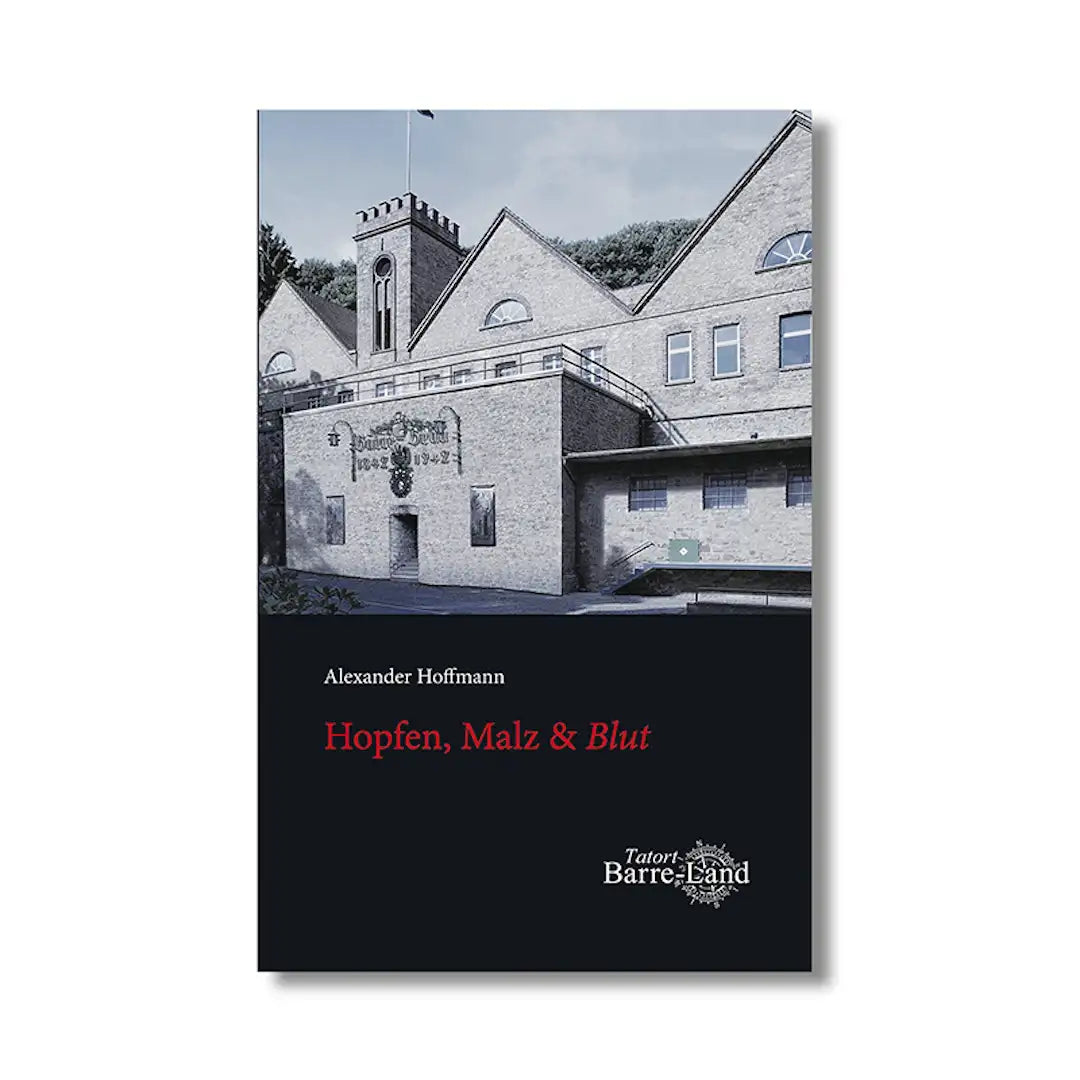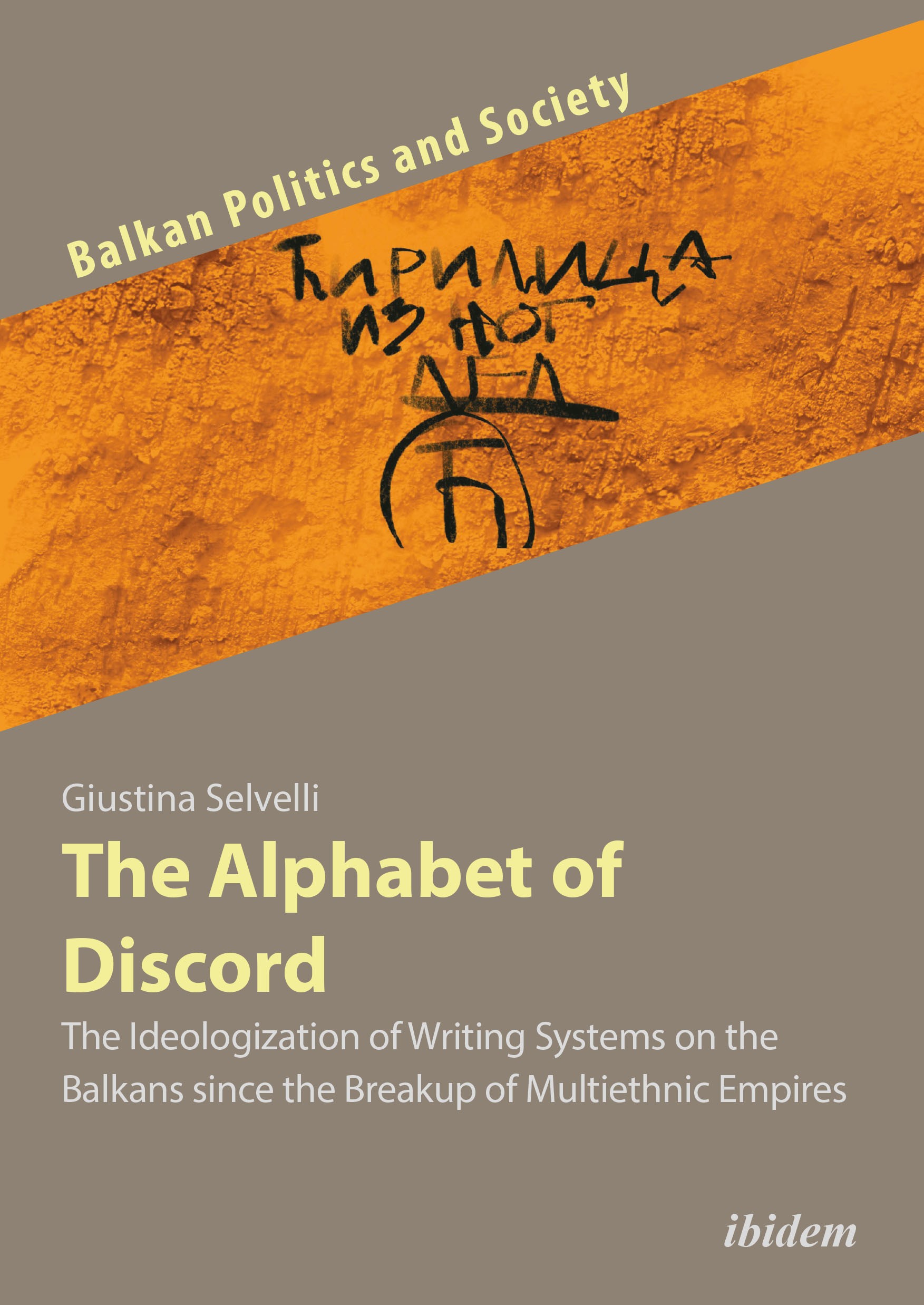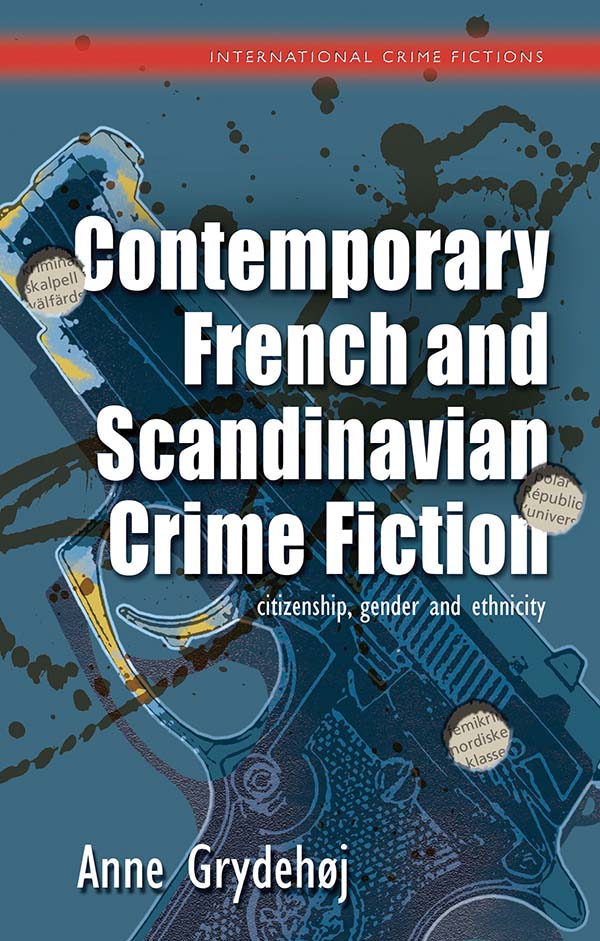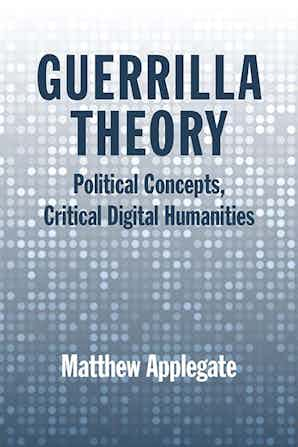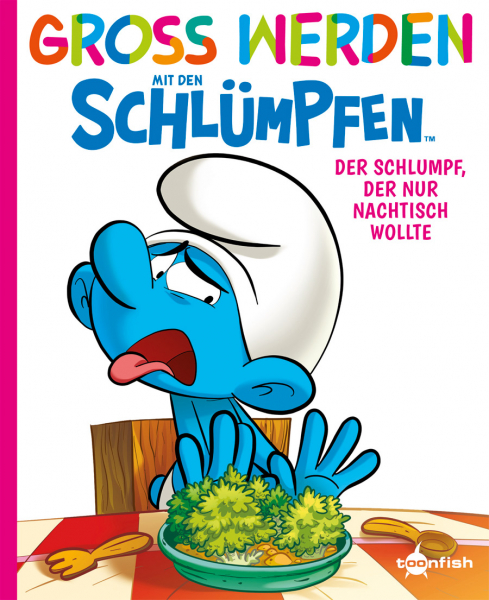Texte und Medien: Linguistische Zugänge zu Textmanifestationen in medialen Spielräumen
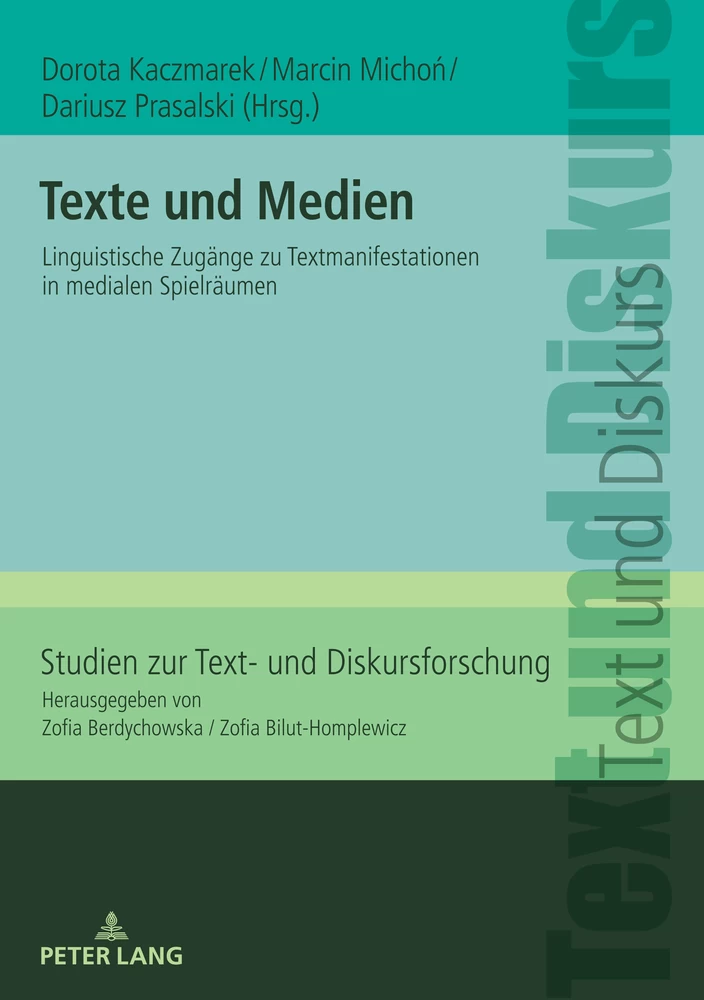 Die Kommunikationsformen in den alten und insbesondere in den neuen Medien unterliegen einem ständigen Wandel, der sich etwa dadurch manifestiert, dass völlig neue Textsorten entstehen oder die Gebrauchskonventionen einzelner, für die jeweilige Textklasse typischer Sprachzeichen modifiziert werden. Mit der Entwicklung der Medien und ihren neuen Erscheinungsformen gehen auch neue Methoden und technische Lösungen der Überwindung von Barrieren einher. Sie erlauben es, die Kommunikation über kulturelle, sprachliche Grenzen sowie Behinderungen der an ihr Teilnehmenden hinauszutragen.
Die Kommunikationsformen in den alten und insbesondere in den neuen Medien unterliegen einem ständigen Wandel, der sich etwa dadurch manifestiert, dass völlig neue Textsorten entstehen oder die Gebrauchskonventionen einzelner, für die jeweilige Textklasse typischer Sprachzeichen modifiziert werden. Mit der Entwicklung der Medien und ihren neuen Erscheinungsformen gehen auch neue Methoden und technische Lösungen der Überwindung von Barrieren einher. Sie erlauben es, die Kommunikation über kulturelle, sprachliche Grenzen sowie Behinderungen der an ihr Teilnehmenden hinauszutragen.
Ziel dieser Publikation ist es, exemplarisch zu zeigen, welche Formen der Wandel annimmt, wie er funktional zu beschreiben ist und welcher Stellenwert ihm in medialen Spielräumen zukommt. Die Beiträge dieses Bandes geben also vielfältige, theoretische und empirische Einblicke in derartige Veränderungen. Dabei werden solche Aspekte aufgegriffen wie Textsortenmerkmale von Videorezensionen [Textsorten im intermedialen Vergleich], Selbstdarstellung [in Hypertexten], Multimodalität [von Memes und Karikaturen], Verwendung von Hashtags, Witztechniken, Authentizitätsstrategien [in Restaurantkritiken], Hassrede [im Wahlkampfdiskurs], Audiodeskription [von Dokumentarfilmen] und Klangfiguren [in Kindergedichten].
zum Buch im ULB-Katalog
zum Buch auf der Verlags-Website
Biological modernism: the new human in Weimar culture
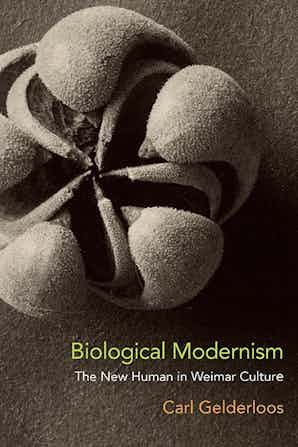 Biological Modernism identifies an intellectual current in the Weimar Republic that drew on biology, organicism, vitalism, and other discourses associated with living nature in order to redefine the human being for a modern, technological age. Contrary to the assumption that any turn toward the organic indicated a reactionary flight from modernity or a longing for wholeness, Carl Gelderloos shows that biology and other discourses of living nature offered a nuanced way of theorizing modernity rather than fleeing from it. Organic life, instead of representing a stabilizing sense of wholeness, by the 1920s had become a scientific, philosophical, and disciplinary problem. In their work, figures such as Alfred Döblin, Ernst Jünger, Helmuth Plessner, and August Sander interrogated the relationships between technology, nature, and the human and radically reconsidered the relationship between the disciplines as well as the epistemological and political consequences for defining the human being. Biological Modernism will be of interest to scholars of German literature and culture, literary modernism, photography, philosophical anthropology, twentieth-century intellectual history, the politics of culture, and the history of science.
Biological Modernism identifies an intellectual current in the Weimar Republic that drew on biology, organicism, vitalism, and other discourses associated with living nature in order to redefine the human being for a modern, technological age. Contrary to the assumption that any turn toward the organic indicated a reactionary flight from modernity or a longing for wholeness, Carl Gelderloos shows that biology and other discourses of living nature offered a nuanced way of theorizing modernity rather than fleeing from it. Organic life, instead of representing a stabilizing sense of wholeness, by the 1920s had become a scientific, philosophical, and disciplinary problem. In their work, figures such as Alfred Döblin, Ernst Jünger, Helmuth Plessner, and August Sander interrogated the relationships between technology, nature, and the human and radically reconsidered the relationship between the disciplines as well as the epistemological and political consequences for defining the human being. Biological Modernism will be of interest to scholars of German literature and culture, literary modernism, photography, philosophical anthropology, twentieth-century intellectual history, the politics of culture, and the history of science.
zum Buch im ULB-Katalog
zum Buch auf der Verlags-Website
Weitere Titel können Sie in unseren Neuerwerbungslisten für die Germanistik entdecken!





